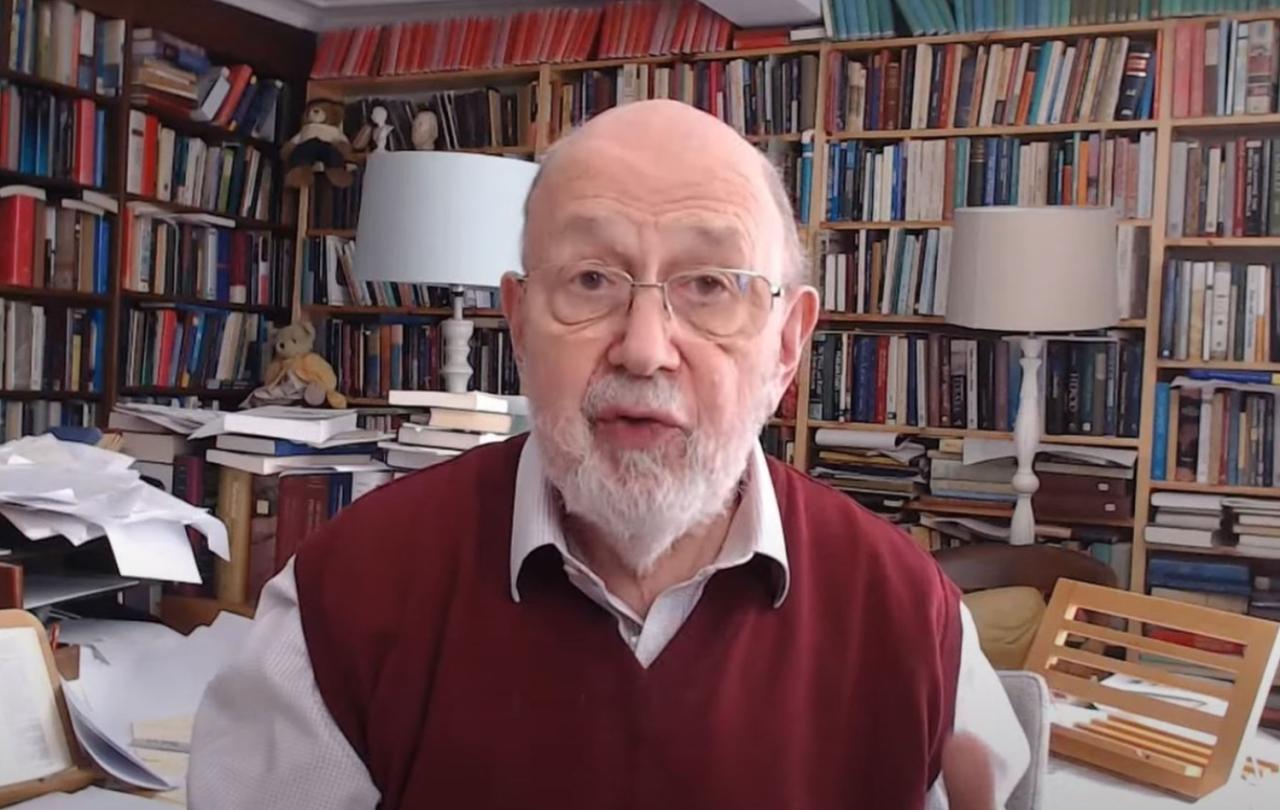This exposes one of the limitations of the format of the series. By placing the perspectives of ordinary people at the centre of the narrative, profound truths are exposed. But the mundane details of how the peace process developed – why it was the IRA agreed to a ceasefire and how things developed from there to the Good Friday Agreement and the years since – are unaddressed. Perhaps a sequel is required where the politicians and diplomats who made that possible are given the chance to tell that story?
One of the undoubted architects of peace in Northern Ireland is Bertie Ahern, who was the Taoiseach (Prime Minister) of the Republic of Ireland from 1997-2008. I sat down with him to do just that – to hear his recollections of the process that brought about peace. Since his youth, he had always taken a keen interest in Northern Ireland – “I took a particular interest in the Civil Rights movement when we were in school; that was before it got into the violence.” Raised in a Republican family just north of Dublin city centre, once the Troubles began, it was hard “not to be subsumed into everything that was happening on the island.” As he became a political leader, he was keenly aware of how the violent conflict exacerbated underlying problems – even his vision for economic regeneration in the Republic was blocked because “part of the reason that it was difficult to get investment and to get people to come here was the Troubles.”
As he remembers the process, it would be misleading to think it popped out of nowhere in the 1990s. There had been attempts through the years, notably with the Sunningdale Agreement in 1973 and the Anglo-Irish Agreement of 1985, but also through less publicised conversations between the peacemakers and paramilitaries, like the conversations led by Fr Gerry Reynolds at Clonard Monastery – which began to generate movement. He attributes the ceasefire to the Downing Street Declaration that was orchestrated by the British Prime-minister John Major and Ahern’s then boss, Taoiseach Albert Reynolds, on December 15, 1993. That showed a serious willingness from London to engage, and the 1994 ceasefire was the result.
But when the ceasefire broke down in 1996, all that work dissipated. “That was a disaster, really.” With the election of Tony Blair, Ahern suggested they “take it up again”. With a concerted focus – “I was nearly doing the Northern stuff full-time” – progress was restored. He remembers that the negotiations involved ten different parties, including the British and Irish governments and the active and influential participation from the American government and “went on practically non-stop from September 1997 to Good Friday 1998.” The strategy sought to be as inclusive as possible – “we would try and get everyone in” – and “to be as comprehensive on the issues” as possible, so that no issue was off the table. Patience and resilience were central. Although there was “a huge amount of conversation and talks up to Christmas, it didn’t really gather momentum until February.”
With the “totality of all the issues out on the table”, the dialogues began to bear fruit. How draconian legislation might be rolled back, how paramilitary prisoners could be released, how demilitarization would proceed and how the police could be reformed. He remembers that negotiations on that question – the reform of the corrupt Royal Ulster Constabulary police force – went on deep into the Good Friday night, April 10th. When an obstacle appeared, the London and Dublin governments reminded people of the goal of stopping the violence. That was their baseline assumption throughout – no one at the table was “happy with the fact that thousands of people had been killed and maimed.” The second guiding principle was that “you have to try to treat everyone with dignity, regardless of what views they have.” And slowly, rapport was built up between people who had been combatants.
When the agreement was finalised, a kind of euphoria followed. “That week we were just at it night and day; we had been at it night and day since March.” But the celebrations, as intense as they were, did not linger. The agreement had to be passed by popular referendum in both the North and the Republic of Ireland. And the work continued even after that. Ahern notes that it took years to achieve an agreement “and then another ten years to implement it”.
But the effort was undeniably worth it. “I think the big success of the Good Friday Agreement was that the Troubles have by and large ended.” And the story of how that happens traces back to a cassette tape released in August 1994 announcing the IRA ceasefire.





